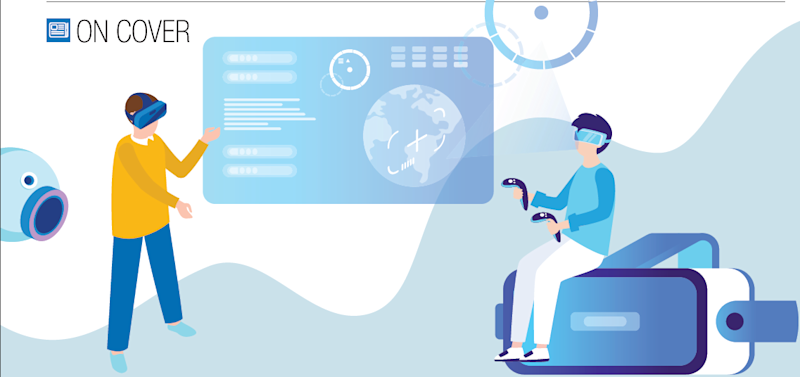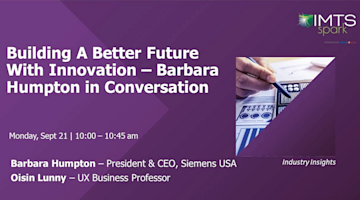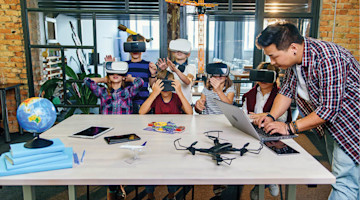Company knowledge and expertise is a strategic asset and a source of competitive advantage in business. Knowledge management technologies, processes, and applications enable a company to identify, collect, store, evaluate, retrieve, and share digital and non-digital data and information where and when employees need it. Information can include documents, procedures, best practices, lessons learned, and multimedia such as technical drawings, images, and videos. Structured knowledge systems provide databases and tools for organizing and storing data and documents while semistructured knowledge systems provide databases and tools for organizing and storing semistructured knowledge such as multimedia, emails, and lessons learned.
There are many software and technology applications in this broad category, including content management systems, decision support systems, enterprise content management, customer relationship management, data warehousing, and augmented reality. Related applications such as dashboards allow employees to access the information and data; lessons learned databases capture and manage knowledge that has been embedded in personal expertise; augmented reality enables visual access to knowledge and data from remote locations; and expertise locator systems identify and locate persons who have expertise in a particular area.
There are many different use cases of leveraging company knowledge, including employee training, new employee onboarding, call center support, customer service, remote diagnostics, technical field support, self-service applications, and more.
Significant investments in knowledge management systems have been made over the past three decades in the financial, IT, and other industries, and in the past several years, investments have been increasing in applications to augment knowledge and technical skills in the industrial and manufacturing industries.
Manufacturing use case: Augmented reality
Technology that is particularly relevant and valuable in the manufacturing industry is augmented reality (AR), which enables companies to provide remote support and expertise to assemblers, operators, and technicians, augmenting their technical knowledge and skills. By augmenting the information, data, images, and experience that workers can access through smart glasses, smartphones, and tablets, manufacturers can increase worker productivity by an order of magnitude.
“Augmented reality offers the promise of providing every member of the workforce with relevant, contextual, personalized information and guidance from across the enterprise into their field of view in a seamless, hands-free, intuitive manner that transforms the way they work,” said Amar Khaliwal, CEO, Atheer.
AR can also be part of a solution to help stem the loss of tribal knowledge as older, technically skilled workers continue to retire. If this knowledge can be captured and effectively managed, it can be made accessible from libraries and databases by AR-equipped technicians.
Through an AR device, a technician can access engineering data and digital annotations that guide them through a procedure. For example, a repair technician can “broadcast” what they are viewing to a remote expert who views the video or images and can diagnose an issue. This saves money because technical experts are no longer needed at every location.
The capabilities and benefits of AR-based information and instruction go beyond those of static, hard-copy instructions. A technician can examine a machine with a headset and simultaneously view text, instructions, and images to fix a problem, eliminating the need to consult bulky instruction manuals, laptops, or make phone calls to outside experts.
Instructions can be delivered step by step in real time and in context and can be viewed without shifting attention away from a workpiece. Digital instructions can be remotely updated a single time to reflect changes in product design or new best practices and distributed widely to a remote workforce.
Several types of use cases for AR relevant to manufacturing include:
Maintenance and repair These operations benefit from AR for diagnostics, maintenance, and repair of production equipment. Any scenario of remotely distributed plants where it is cost prohibitive to have an on-premises technical expert for every possible production stoppage is a strong use case for AR.
Technical field support AR is particularly valuable in servicing complicated pieces of equipment or facilities with few experienced personnel. It can be used to deliver expert support remotely from the original equipment manufacturer (OEM) without needing to physically bring in specialists. For example, the aviation industry uses AR for maintenance and repair operations given the high level of technical expertise that is required. Service technicians can tap into databases of knowledge and technical information to access the information when they need it. “We have found that the manufacturing market still has a few misconceptions about AR, but when customers see that the applications of AR are very practical and straightforward, they understand how it can potentially benefit them. They often look for opportunities where the technology is likely to provide a step level change in their business, something with a 10%-20% impact on ROI,” said Dhaliwal.
Training and compliance AR can guide a technician remotely through learning a new process with greater levels of retention over classroom instruction. It has been widely demonstrated that guiding someone through a task and showing them how to do it visually – thus experientially – has a greater impact on learning than classroom learning. Training a remote workforce is a strong use case for AR.
Inspection and surveying Remote inspection and surveying reduce transportation costs. Detailed visual information can easily be transmitted directly to technicians who can evaluate it and determine the status or safety of equipment, materials, or infrastructure. This is often carried out by exploiting the remote nature of drones and other unattended vehicles or platforms.
AR is projected to continue to grow rapidly as use cases become more widely communicated. PricewaterhouseCoopers estimates that more than 14 million workers will wear smart glasses by 2025, up from 400,000 in 2016.






